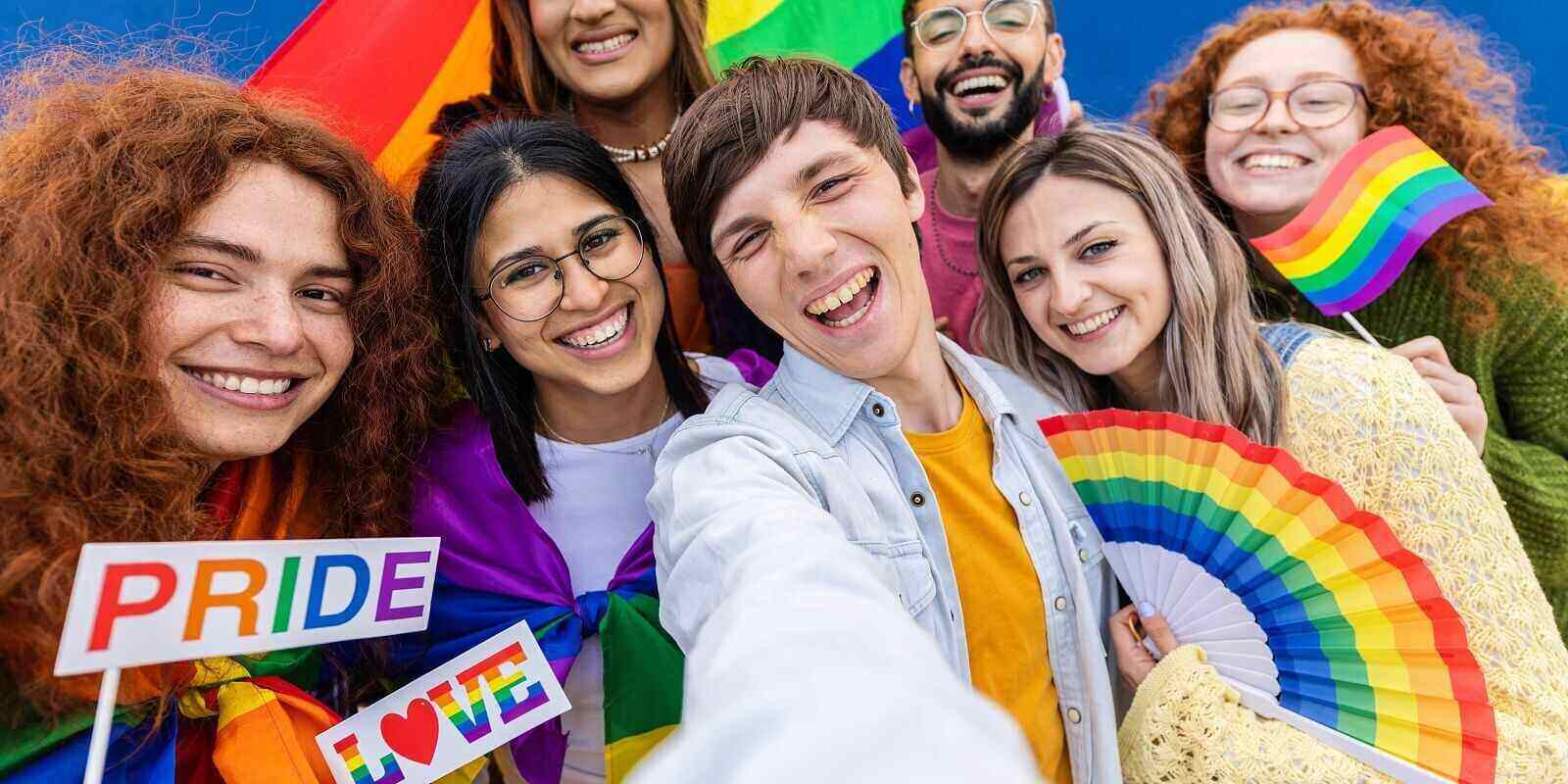How Weed Drinks Compare to Traditional Edibles
March 17, 2025Anyone interested in the varied effects of cannabis has likely already considered how weed edibles might fit into their sampling. Weed edibles are an incredibly...

In 2023, the cannabis industry is thriving more than ever. While much of this increase in popularity comes down to the widespread push for legalization and associated passing of bills in multiple states, the initial push to begin this process started many years ago.
Activism for the legalization of cannabis has been ongoing for more than a century, and within that movement, few supporters have been as ardent as the LGBTQIA+ community. The intersectional union of these two groups empowered marijuana legislation that is passing now, and at the forefront were a few notable faces.
This pride month, here are some of the most recognized LGBTQIA+ leaders in the cannabis industry as of 2023.
If people know any of the cannabis activists throughout history by name, Brownie Mary is the most likely candidate. Mary Jane Rathbun worked alongside the Shanti Project to clandestinely deliver cannabis products to those suffering from HIV and AIDS.
In fact, the HIV epidemic is what initially entwined cannabis activism and the LGBTQIA+ community because marijuana products were discovered to substantially help to ease the symptoms of terminal AIDS. Mary Jane earned the name Brownie Mary by disguising her cannabis using edibles like brownies, which she sneaked to patients under the guise of offering an innocuous treat.
Sadly, Mary Jane passed away in 1999 and did not get to see the dramatic increase in favor toward cannabis that began at the turn of the century. However, the indelible impact she had is still felt today.
The University of Southern Maine is home to sociology professor Wendy Chapkis, who also heads the gender studies department. Identifying as a lesbian herself and using the pronouns she/they, Chapkis is directly on the front lines herself as an LGBTQIA+ member who has done significant work on the intersection between cannabis and the community.
Her book Dying to Get High documents the therapeutic use of cannabis for terminally ill patients. She interviewed many of these individuals, who described the power of marijuana to eliminate the overwhelming influence of many of their symptoms, such as nausea and pain.
Wendy Chapkis fights against the stigmatization of a marijuana “high,” explaining that it is the energy and change in mental attitude that helps patients.
After the Vietnam War ended in 1969, Dennis Robert Peron returned home having discovered cannabis and immediately opened the Big Top Marijuana Supermarket directly out of his apartment. He was the top activist for marijuana throughout the ‘70s, focusing his efforts on San Francisco.
He had always lived in the Castro District, which had historically been populated by gay members of the community—and so the AIDS epidemic that crashed through his neighborhood in the ‘80s and ‘90s left many of his friends and acquaintances fatally ill.
Like Brownie Mary, Dennis saw that marijuana substantially relieved the suffering of people who had contracted HIV. It reduced their pain and fatigue associated with cachexia (muscle wasting), and it eased nausea and mental health struggles like depression to give people hope and inspiration.
Dennis Peron’s contributions to his community and the marijuana industry have led to him being granted the title of the “father of medical marijuana.”
Los Angeles is home to the Black Gay Pride Association, which was founded by Paul Scott. As a Black man, Scott is keenly aware of how the HIV/AIDS epidemic has affected his community; as the CDC has shown, more than half of all HIV diagnoses arise within the gay Black circle.
As county commissioner from 2002 to 2008, Paul Scott took activism seriously and pushed for greater access to marijuana as a way to treat the symptoms of HIV and its progression to AIDS. He also focused more specifically on how cannabis can be used not only to address those discomforts but also the side effects associated with the medications that patients take to manage their AIDS diagnosis.
Following his first forward push into activism with the Black Gay Pride Association, Scott continued his work by founding the Inglewood Wellness Center. This location provides access to medical cannabis and was the first such wellness center to be created.
Cannabis would not be where it is now without the many important people who have advocated for it for over 100 years. At Pure Oasis, we are proud to celebrate pride month and continue to support our community with high-quality cannabis products for a variety of needs.
As a Black owned dispensary, we welcome all of our LGBTQIA+ customers and strive to bring good to the people around us, whether through education, scholarship opportunities and more.
Are you at least 21 years old?